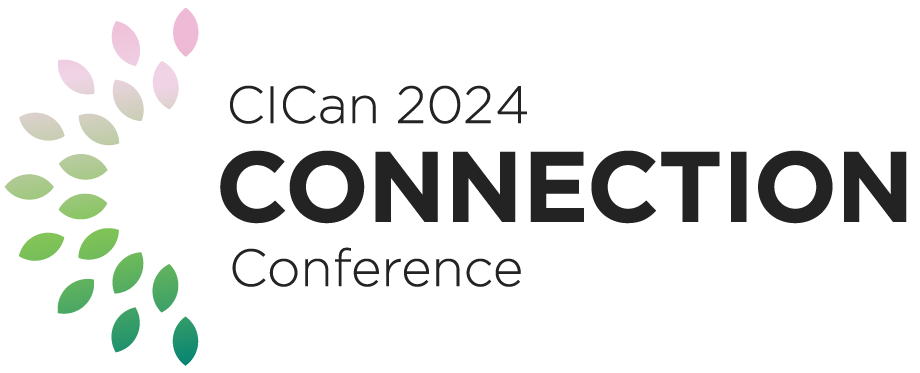How alternative assessment methods lead to improved student mental health and learning outcomes (E)
Stream: Supporting Teaching, Learning and Student SuccessAn overwhelming majority of the higher education system in Canada is rooted in traditional assessment models that reward achievement over learning: letter grades and summative assessments remain the dominant currency in appraising student learning outcomes. Despite the fact that graduates – at any point in their career – will be managed through feedback, revisioning, and iterative work flows, our post-secondary systems fail to align with workplace realities.
This session will demonstrate how educators can prioritize learning over achievement without compromising outcomes. The presentation will draw from the practical experience of business undergraduate courses where alternative assessment methods have been applied in order to emphasize learning through revisioning; personal accountability through performance; and, the use of feedback to optimize an iterative process.
With a focus on student well-being, agency, and success, the overwhelming results so far point to students who are expressing a reduction in anxiety and stress, and a stronger sense of accountability for personal learning goals and outcomes. While final “grades” and outcomes remain varied amongst groups of students, the approach overall provides a more supportive and accessible experience for students of all abilities and life experiences, including those who may typically face a higher degree of systemic barriers in traditional post-secondary environments.
The session will begin with a brief overview of the approach taken in both introductory and senior-level Bachelor-level courses at Kwantlen Polytechnic University (British Columbia) and at the University of Applied Sciences (Austria) from 2021-present day. The presenters will share examples, methodologies, testimonials, as well as lessons learned.
< View presentation < Back to Presentation Gallery

